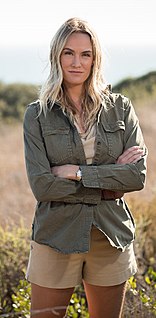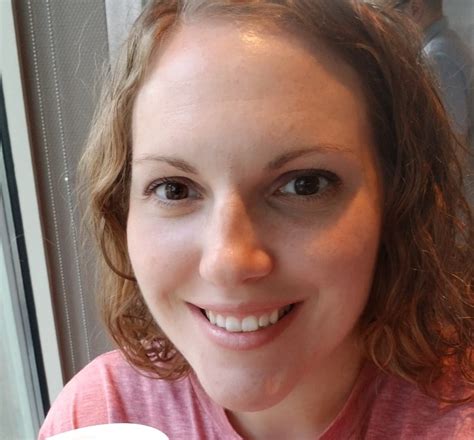A Quote by Claudia Kim
I try not to use tap water on my face, especially when I'm travelling, to avoid any skin problems. Instead, I'll use bottled water to rinse.
Related Quotes
I have a sensitive skin, so all products I use have aloe vera in them. I wash my face a lot and avoid touching it unnecessarily. I use makeup only when I have to. All products I use have natural ingredients. For me, cotton soaked in rose water and then kept in the freezer for a bit works as a great toner.
Besides, the sense of safety offered by bottled water is a mirage. It turns out that breathing, not drinking, constitutes our main route of exposure to volatile pollutants in tap water, such as solvents, pesticides, and byproducts of water chlorination. As soon as the toilet is flushed or the faucet turned on-or the bathtub, the shower, the humidifier, the washing machine-these contaminants leave the water and enter the air. A recent study shows that the most efficient way of exposing yourself to chemical contaminants in tap water is to turn on a dishwasher.
I keep my beauty regimen as natural as possible. I wash my face four times a day. In the beginning of the day, I use an exfoliating cleanser made of besan, turmeric and sandalwood. I drink lots of water and avoid oily food. I use only The Body Shop products on my face, as they use the least amount of chemicals.
Everything we think about regarding sustainability - from energy to agriculture to manufacturing to population - has a water footprint. Almost all of the water on Earth is salt water, and the remaining freshwater supplies are split between agricultural use and human use - as well as maintaining the existing natural environment.


































